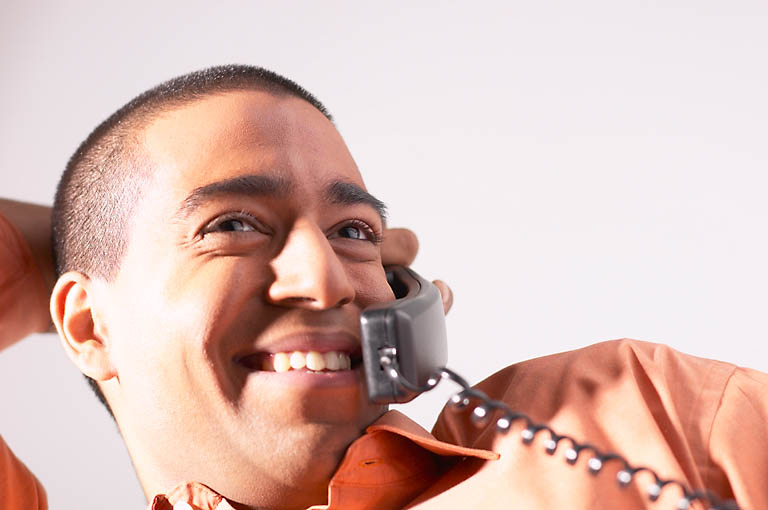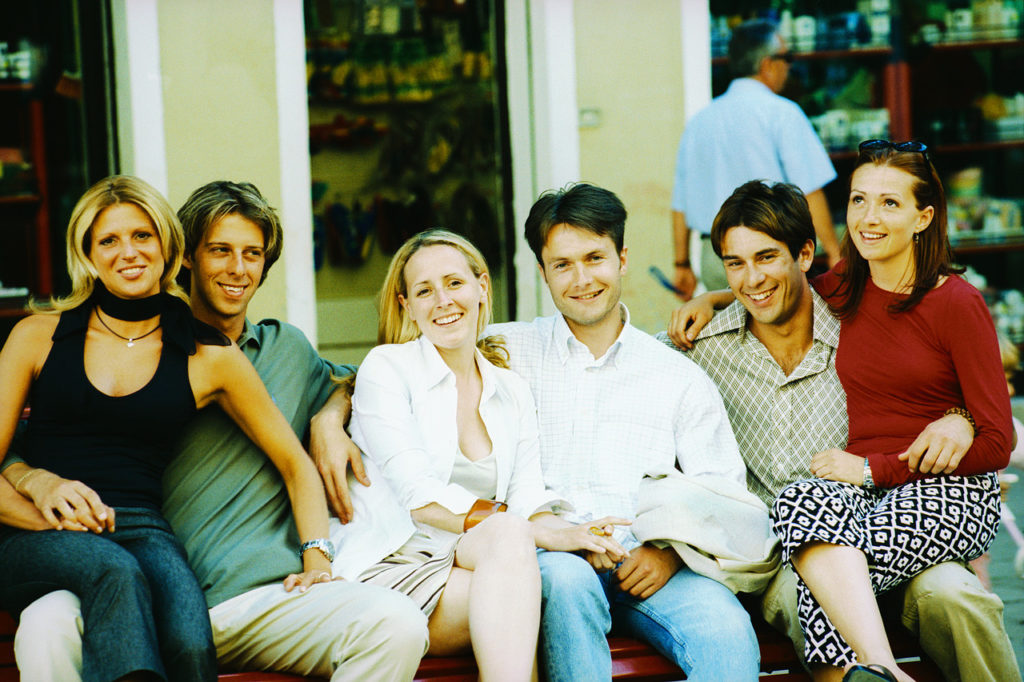Kicking Addictions
Somehow it seems to have just slipped up on us. There is really no way we could have seen it coming. And now it is so a part of our culture that it is hard to recognize it, or to know life any other way.
Addictions: Most of us would say we do not have a problem with them. Yet, we may be in deeper than we think, in a way that cultural norms now not only condone, but foster. Alcohol, drugs, gambling, work, food, sex, shopping, working out–even prescription drugs–are known to have the potential of being addictive. Any of these elements of every day life can become compulsive. The stresses of today’s life fast-paced life brings us out of touch with ourselves and into ever greater opportunities for addiction. Not only can we become hooked on television and computers themselves, but they, along with countless mass marketing campaigns, often further actively engage us in our addictions.
Are we brave enough to take a look? If so, then perhaps we can also discover the way out.
First, we need to understand what an addiction is, and why it occurs. Generally, an addiction starts out innocuously enough: We try something out that was supposed to stimulate us in some way, to make us feel good, or take our minds off our problem–and it worked. So we tried it again, and it worked again. This is a normal response–basic conditioning, as with Pavlov’s dogs. It does not take long for the stimulus/response to become habit.
So where does such normal conditioning become addiction? There are several points when this can happen. One, of course, is when that which is making us feel good is actually physically addictive–as in alcohol, drugs, caffeine, tobacco, etc. But the more serious addictive element is the psychological one. A person can go through the uncomfortable process of quitting, but why is it that the rate of relapse is so high? Why do people who quit one addiction often pick up another? And how is it that individuals can become just as addicted to an activity as to a substance?
The answer lies in how we process our emotions. Life contains normal ups and downs. But we, as a culture, have come to believe that there should be no down times. One of the drawbacks of our incredibly efficient and effective material age is that we actually believe that there should be an instant solution to every problem. A toilet flush, a news flash, an instant gourmet dinner, a flight to anywhere at any time, and a pill to solve anything–“these and much, much more” have become our expectations. We want to be “up” all the time. We do not stop to experience or ponder the down times.
Herein lies the key to healing our addictions. It is an irony that if we become willing to experience our sadness, our grief, our anger, our frustration, our depression, then we can find solutions. Contained within the fabric of “negative” feelings are the answers to the problems that create those emotions. By avoiding the feelings themselves–which is what we do with any addiction–we also avoid creating closure to what caused those emotions in the first place. Hence the addiction is perpetuated while the original problem remains unaddressed.
The normal ups in life are meant to enjoy. Our greater growth as human beings, however, often comes from the downs. When things happen to us which we do not like, we tend to initially have feelings we don’t like. We call those feelings “negative” and think of them as being without value. However, if we reconceptualize those emotions, recognizing their value as the carriers of important information in our lives, then we can utilize them. By allowing difficult feelings–hanging out with them, listening to them, pondering them–they will eventually lead us to the course-corrections we need in life in the most efficient and direct manner possible.
For example, if someone says to us, “You talk too much,” we might feel anger or hurt. If we stuff some chocolate in our mouths or grab a beer and then plop down in front of the television, eventually our feelings will go away–but the issue is not addressed. On the other hand, if we allow ourselves to feel the emotions for a while and consider the criticism we received, we may eventually come to an understanding. In this case we may realize that the person who spoke was someone who actually talks too much and that person was just projecting, or we may recognize that the person was telling us the truth, and resolve to let others speak more in conversations. Addiction ultimately means “not dealing with;” feeling leads to “allowing resolution within.”
So what can we do about our collective tendency to use addictions to hide from what is difficult–and what keeps us growing?
- Take time to be with yourself in all of it’s facets. Happy self, sad self–they both have validity and a place in who you are. Don’t shortchange yourself. Take quiet time alone and honor all parts of you. That way you can care for them and nurture them as needed. And, as you do this for yourself, you set an example to all those around you.
- Make a commitment to your personal evolution. Know that in doing so, you are agreeing with yourself to experience the difficult emotions as well as those you enjoy. When the “negative” emotions arise, take a few minutes and do nothing but pay attention to them. Consider what they are helping you to learn. Get assistance from a friend or counselor if the answers do not come in a while–but first spend time with your feelings.
- Notice when and where you utilize an addictive process or substance to avoid. Ask yourself what you are avoiding and why. Consider alternatives to the avoidance. Take courage, make plans, and get support. Those who involve themselves in addictions often feel alone, but you are not alone. There is plenty of help available!
- Involve yourself in hobbies and pastimes that engage your mind and are emotionally satisfying to you. Focus on healthy interests that sooth you and at the same time keep a strong sense of self.
- Limit your involvement in potentially addictive processes where a sense of self is lost. This will be infinitely more easy once you’ve practiced feeling your feelings. Whether the challenge is alcohol, television, shopping, or whatever–define for yourself and acceptable level of participation. If you overstep your self-made boundaries, get help. The 12-step programs and very powerful, non-judgmental and free ways to get support.
- Disengage from ways in which our culture calls you into addiction. When friends laugh at you for not participating in something that is harmful to you–change friends. Say “NO” to drug companies that advertise prescription drugs to make you feel better without even defining what symptoms they are talking about. Notice what advertising sways you–and avoid it! If computer sex is absorbing your life, choose an option where it is inaccessible to you. Limit television and learn to live creatively in your own world.
- Finally, and we are repeating this because it is the key, practice daily attending to those feelings that are uncomfortable. It is the avoidance of them, especially through addictions, that paradoxically makes them last longer. To attend to those emotions is to open the doors to solution. To feel is to begin to heal. The way in is the way out.











